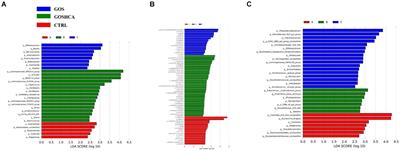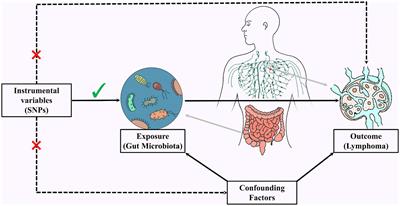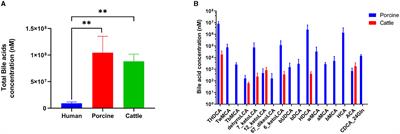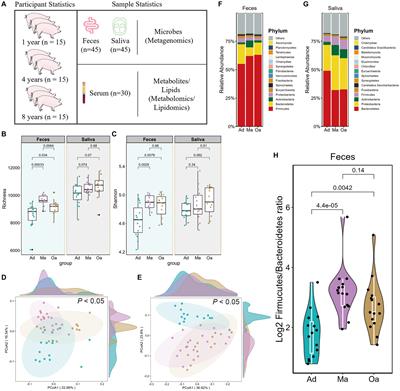EDITORIAL
Accepted on 14 Mar 2025
Editorial on the Research Topic Exploring the Influence of Gut Microbiome on Human Health: Mechanistic Insights from Pig Models
doi 10.3389/fmicb.2025.1570451
- 176 views
13k
Total downloads
44k
Total views and downloads
EDITORIAL
Accepted on 14 Mar 2025
ORIGINAL RESEARCH
Published on 14 Jun 2024

ORIGINAL RESEARCH
Published on 12 Jun 2024

ORIGINAL RESEARCH
Published on 27 May 2024

ORIGINAL RESEARCH
Published on 13 May 2024

ORIGINAL RESEARCH
Published on 26 Mar 2024

ORIGINAL RESEARCH
Published on 20 Feb 2024

ORIGINAL RESEARCH
Published on 22 Nov 2023

ORIGINAL RESEARCH
Published on 20 Nov 2023

ORIGINAL RESEARCH
Published on 20 Oct 2023

MINI REVIEW
Published on 09 Oct 2023

ORIGINAL RESEARCH
Published on 15 Sep 2023
